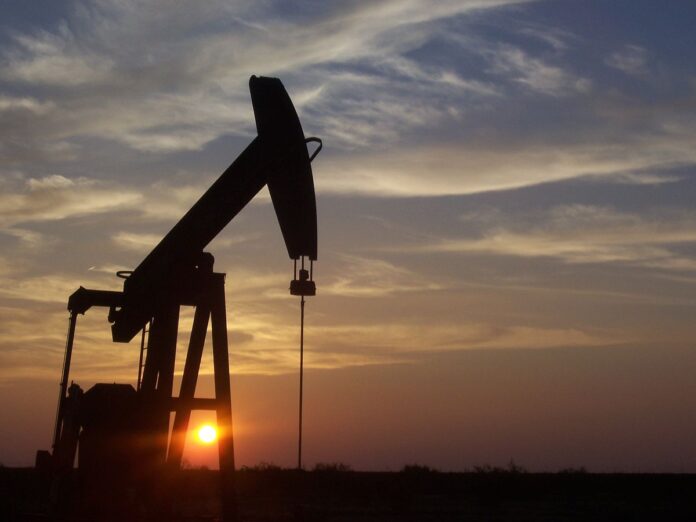President-elect Joe Biden issued a campaign promise to halt new oil and gas leases on federal lands. Such a ban, if actually imposed by a Biden administration, would cost eight Western states an estimated $8.1 billion in tax revenue and $34.1 billion in investment in just the first five years of its existence, according to a new study from Tim Considine, Ph.D., the SER Professor of Economics in the Department of Economics and Finance at the University of Wyoming.
The state of Wyoming, one of the nation’s top oil and gas producing states, commissioned the report, which was released at a virtual press conference hosted by Wyoming Gov. Mark Gordon on December 15.
“The economic predictions are devastating, to be blunt, to Wyoming,” Governor Mark Gordon. “It’s important to bear in mind that these [oil and gas revenues] funds fund our schools, fund the important work we do for wildlife mitigation corridors, the work we’ve done to do a better job of drilling.”
Big Losses Predicted
Banning new oil and gas leases on federal lands would have a detrimental effect on all states with significant federal lands containing commercially viable oil and gas reserves.
The federal government owns a large percentage of the land in almost all of the eight Western states studied, including: Alaska (61 percent), California (46 percent), Colorado (36 percent), Montana (29 percent), New Mexico (35 percent), North Dakota (4 percent), Utah (65 percent), and Wyoming (48.1 percent). The study points out much of the oil and gas produced in these states comes from federal leases, and most future oil and gas production will come from new wells, as the production levels decline in older wells. Accordingly, the study indicates state revenues would decline as a result of a ban on new leases, combined with production declines from older wells.
The study found a leasing ban would result in Wyoming and New Mexico alone losing $304 million and $946 million a year in tax revenue, respectively, through 2025.
Across all eight states, the study estimates, over a 20 year period, they would lose $300 billion in new investment.
Jobs Lost, Imports Increase, No Climate Gain
A ban on new leases would have not significant effect on overall oil and gas consumption or greenhouse gas emissions, said Glen Murrell, director of the Wyoming Energy Authority, at the press conference, but it will result in the U.S. losing its newly gained energy independence.
“The supply will simply be accessed from some other source, whether it be coming up from Mexico, or down from Canada or imported from Saudi Arabia,” Murrell. “So what we’re left with is a rather inefficient policy which has very, very high economic impacts in some locations like Wyoming, but a very low return with respect to its intent.”
In Wyoming alone, the Considine finds a ban on new federal oil and gas leases could result in 15,269 lost jobs each year from 2021 through 2025.
Across the eight states, the study estimates job losses would exceed 351,000.
‘No Measurable Improvement’
This study shows Biden’s proposed federal leasing ban would sacrifice people in Wyoming for no climate gain, said Pete Obermueller, president of the Petroleum Association of Wyoming, in a statement put out after the study’s findings were released.
“This independent report confirms that President-elect Biden’s repeated calls for an end to natural gas and oil production on federal lands would have a crippling effect on Wyoming’s economy,” Obermueller said. “Sacrificing Wyoming and her people for no measurable emissions improvement may be politically expedient, but PAW will fight it on behalf of the thousands of Wyomingites who make their living in this industry.”
H. Sterling Burnett, Ph.D.(hsburnett@heartland.org)is the managing editor of Environment & Climate News.


























